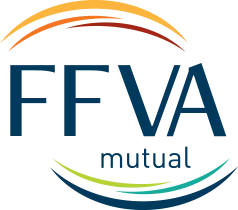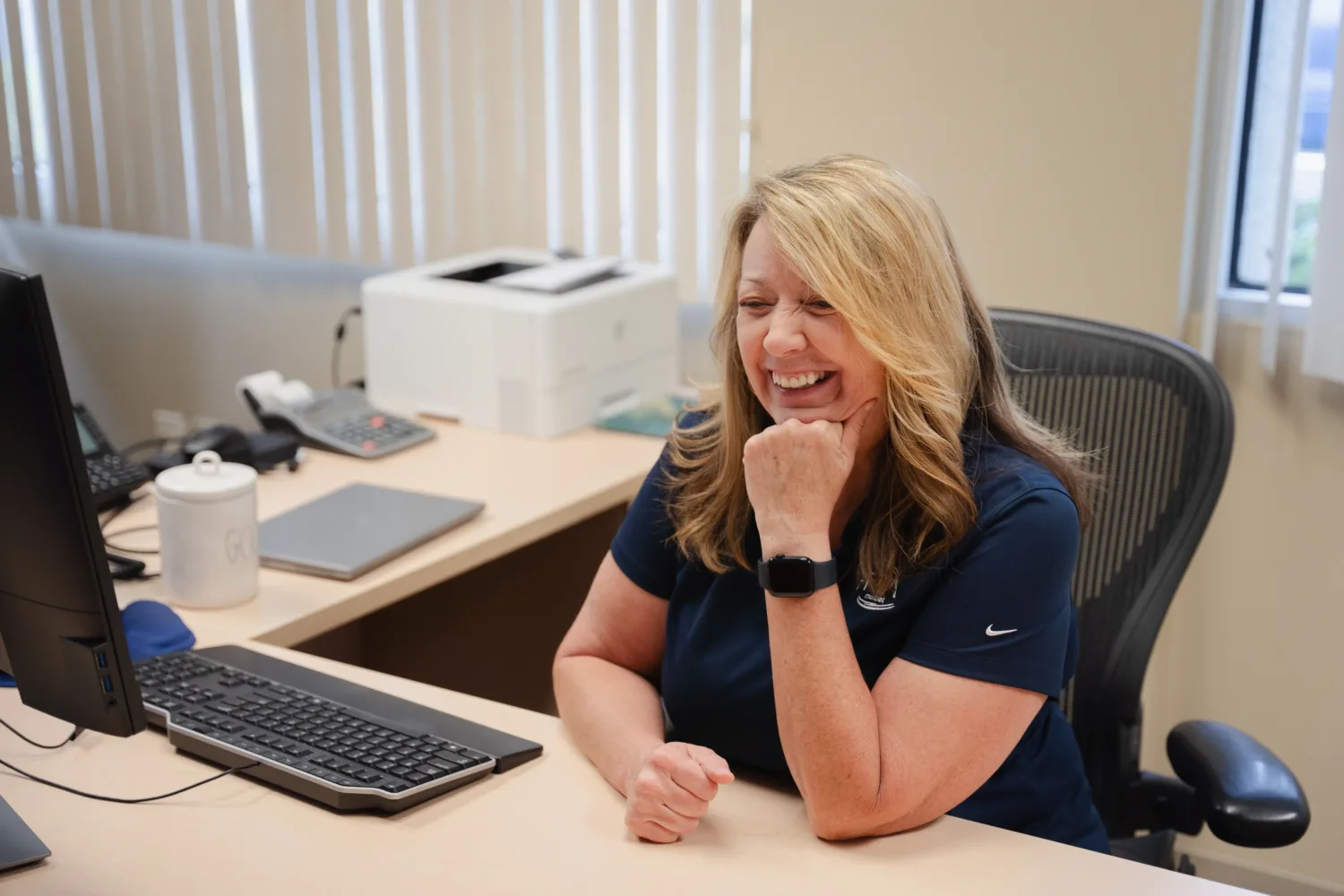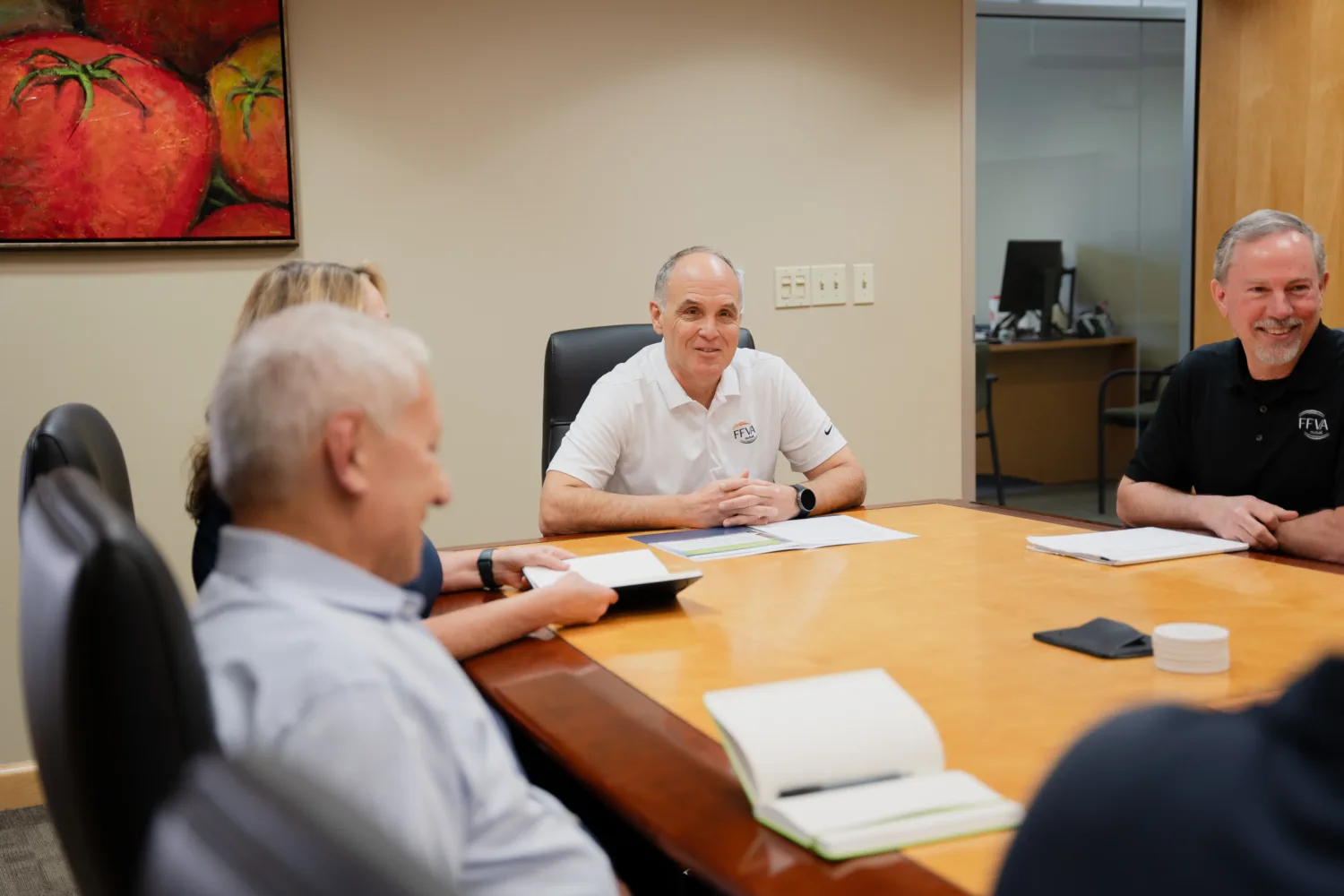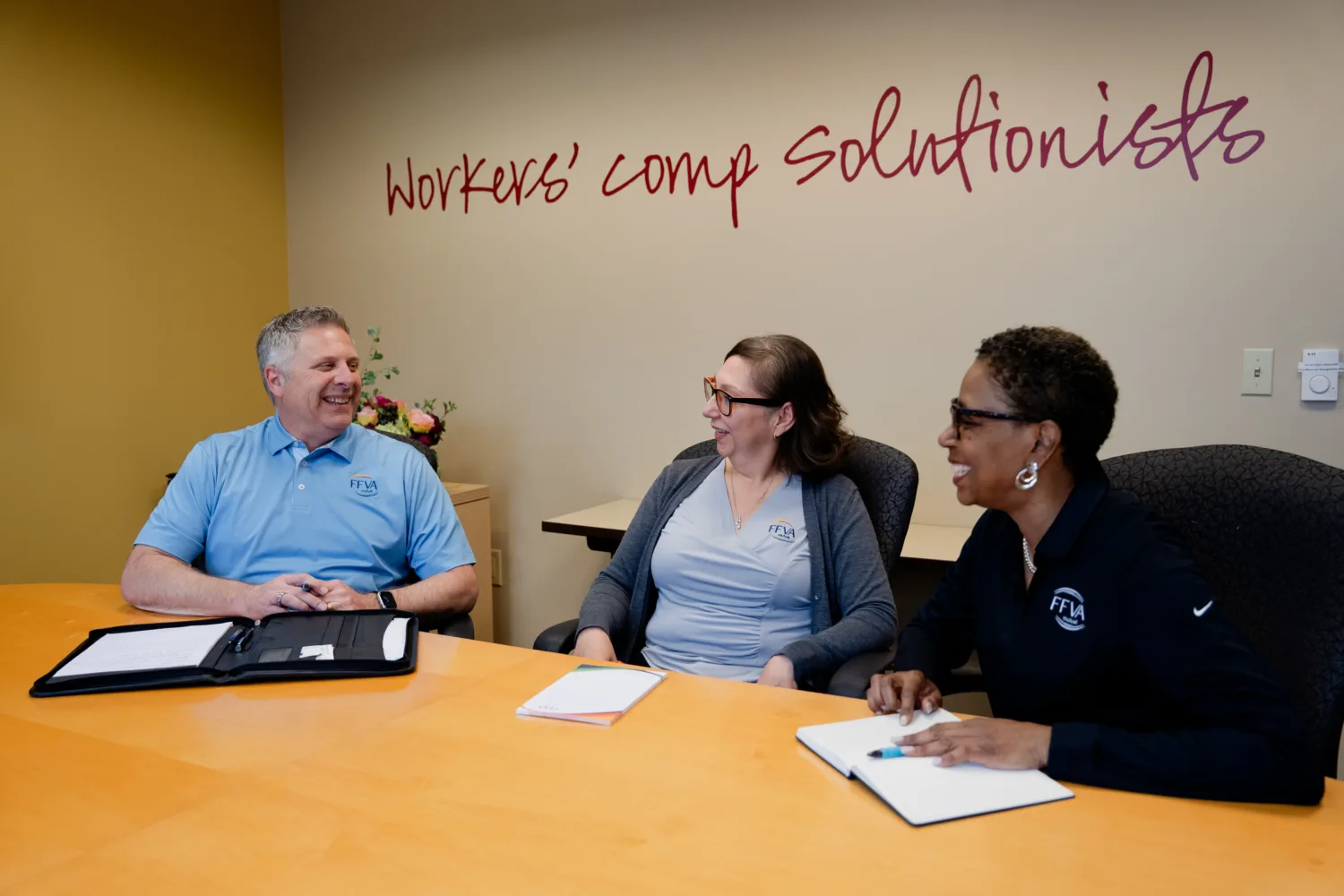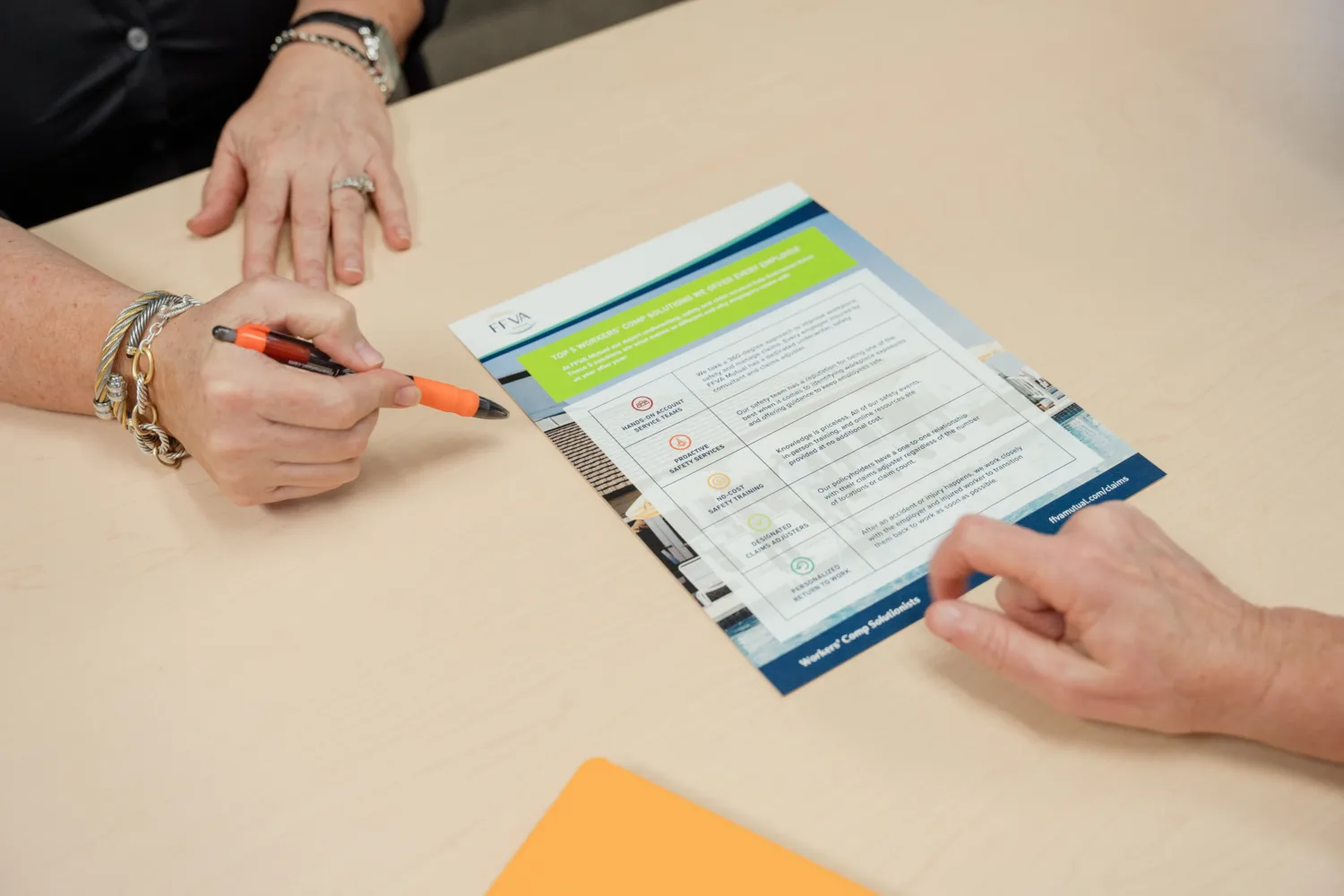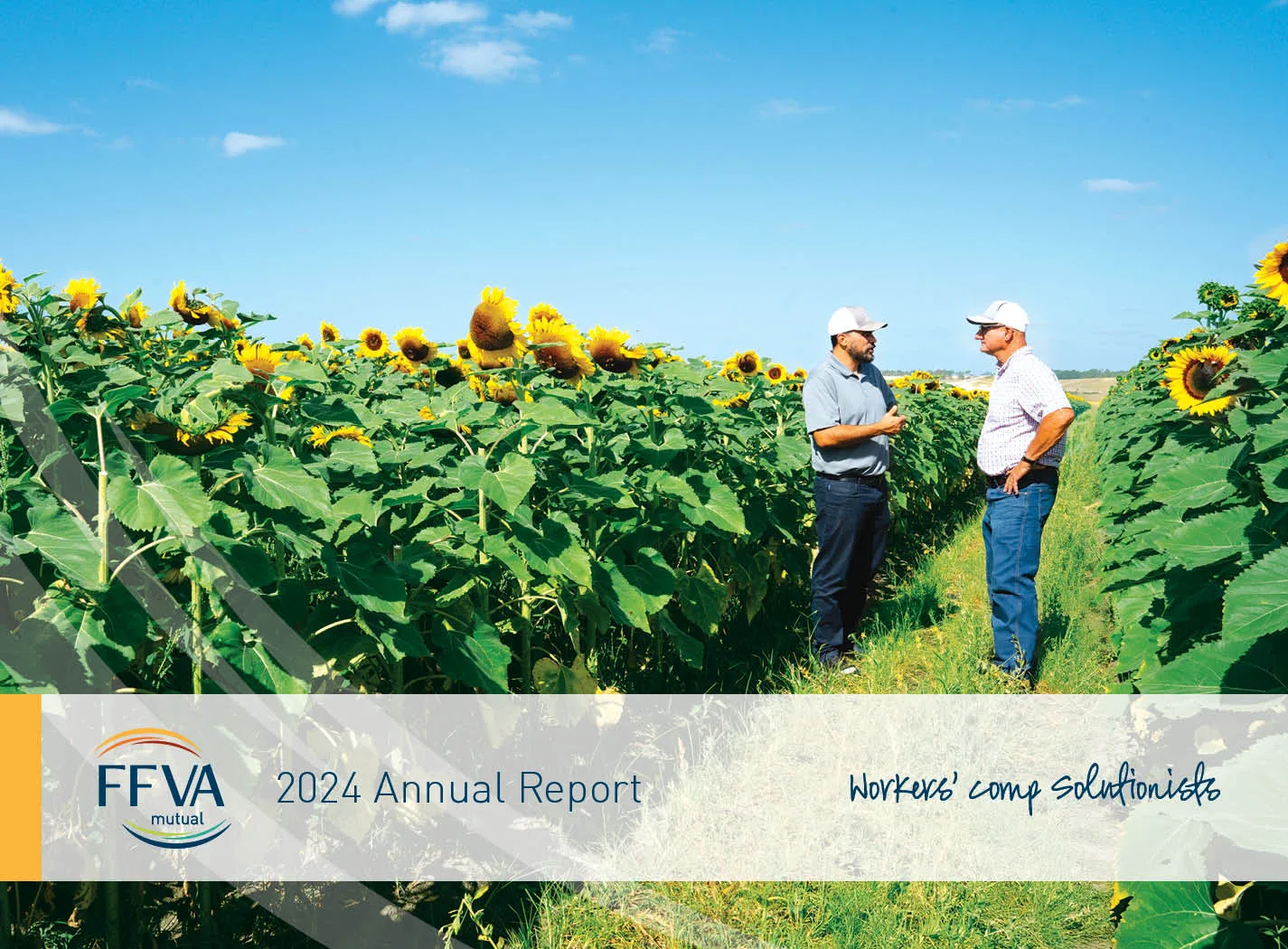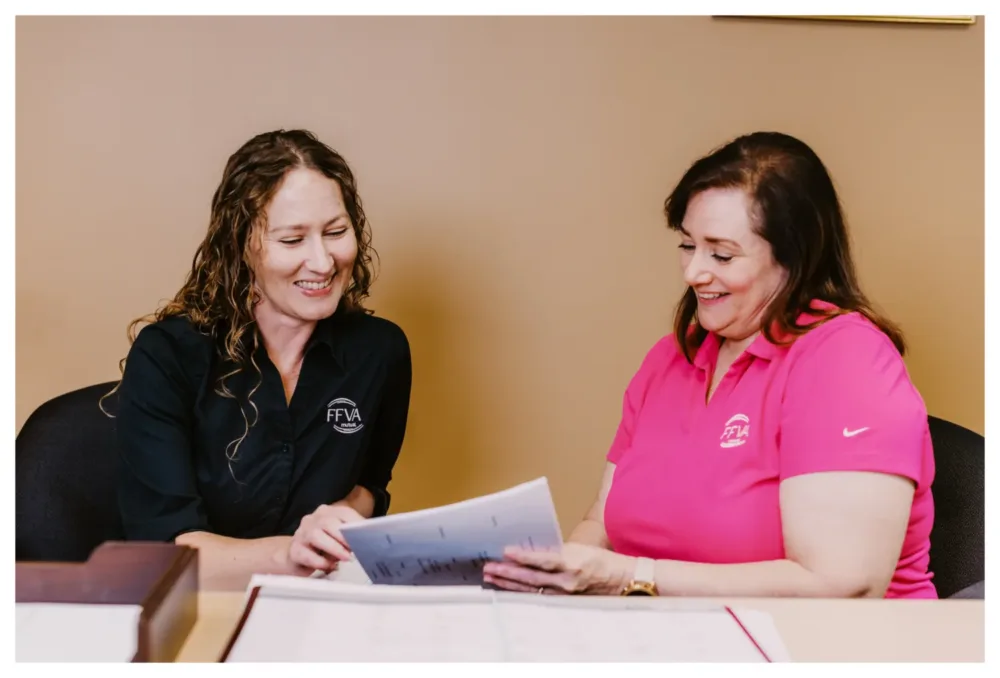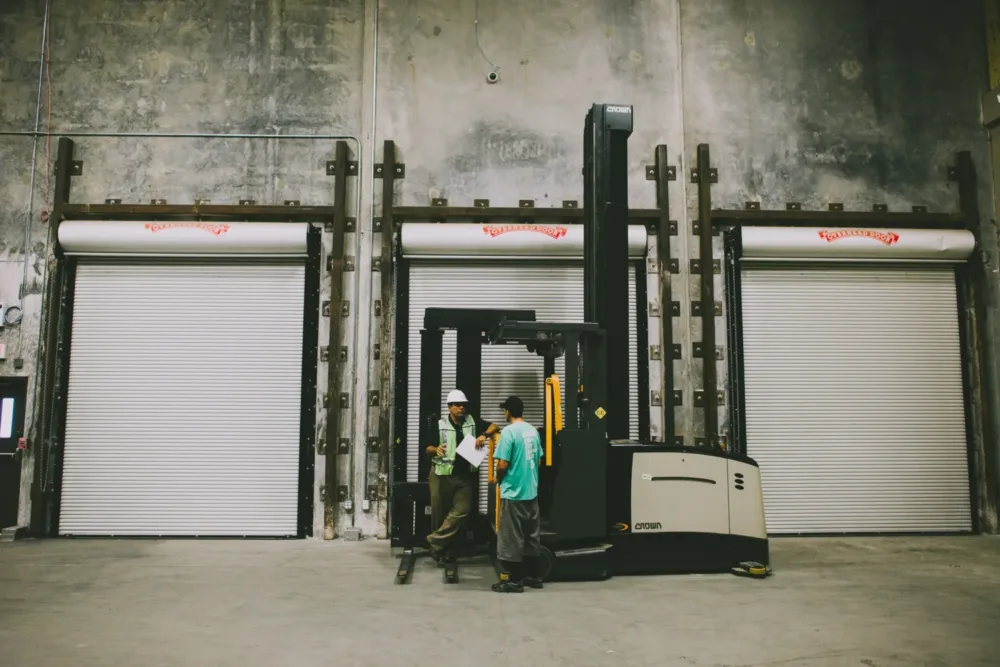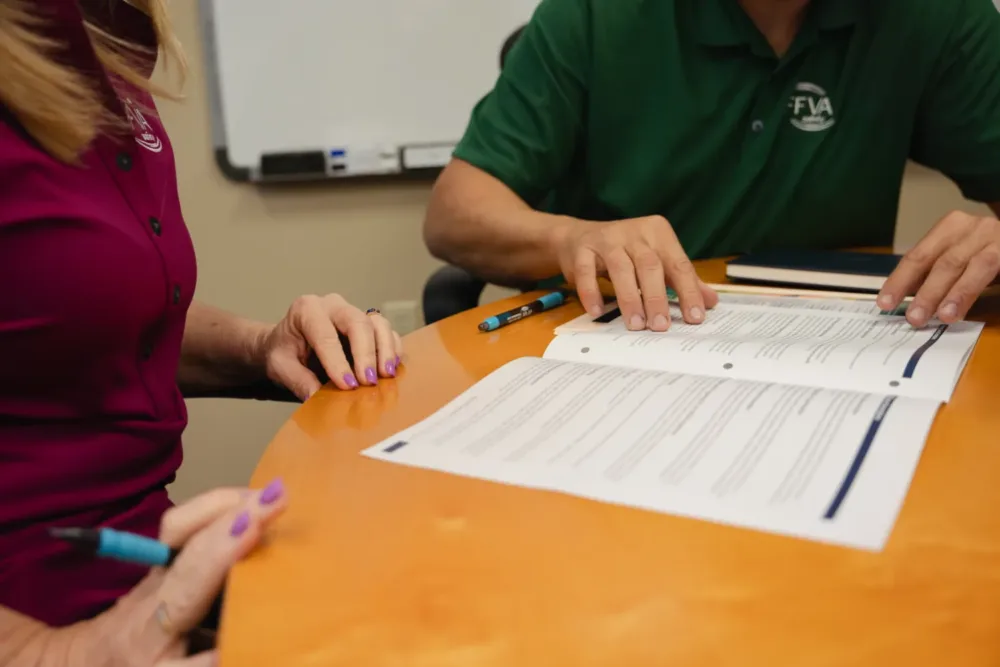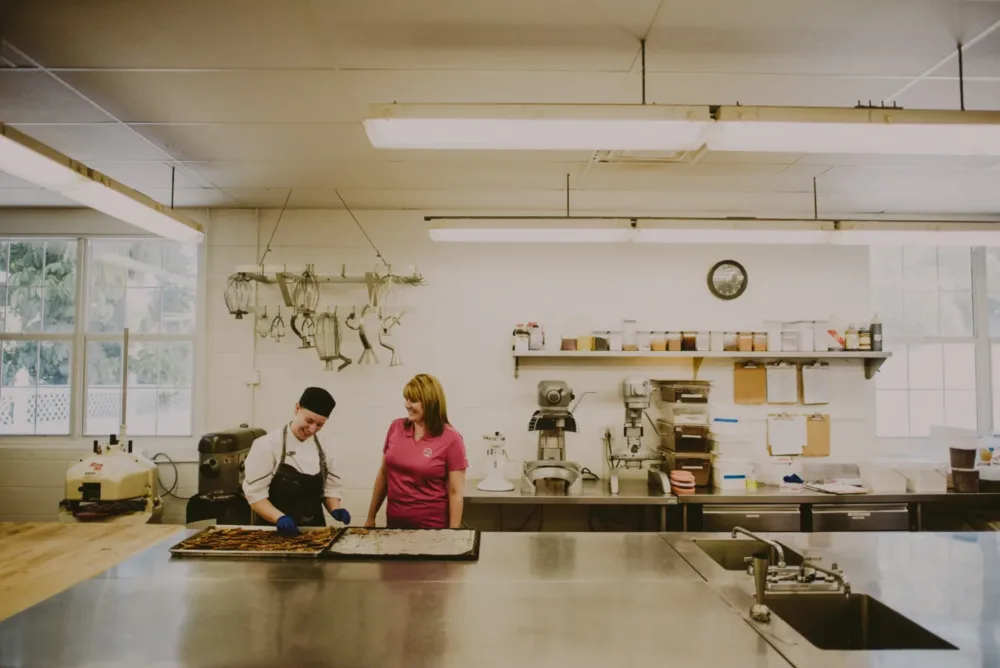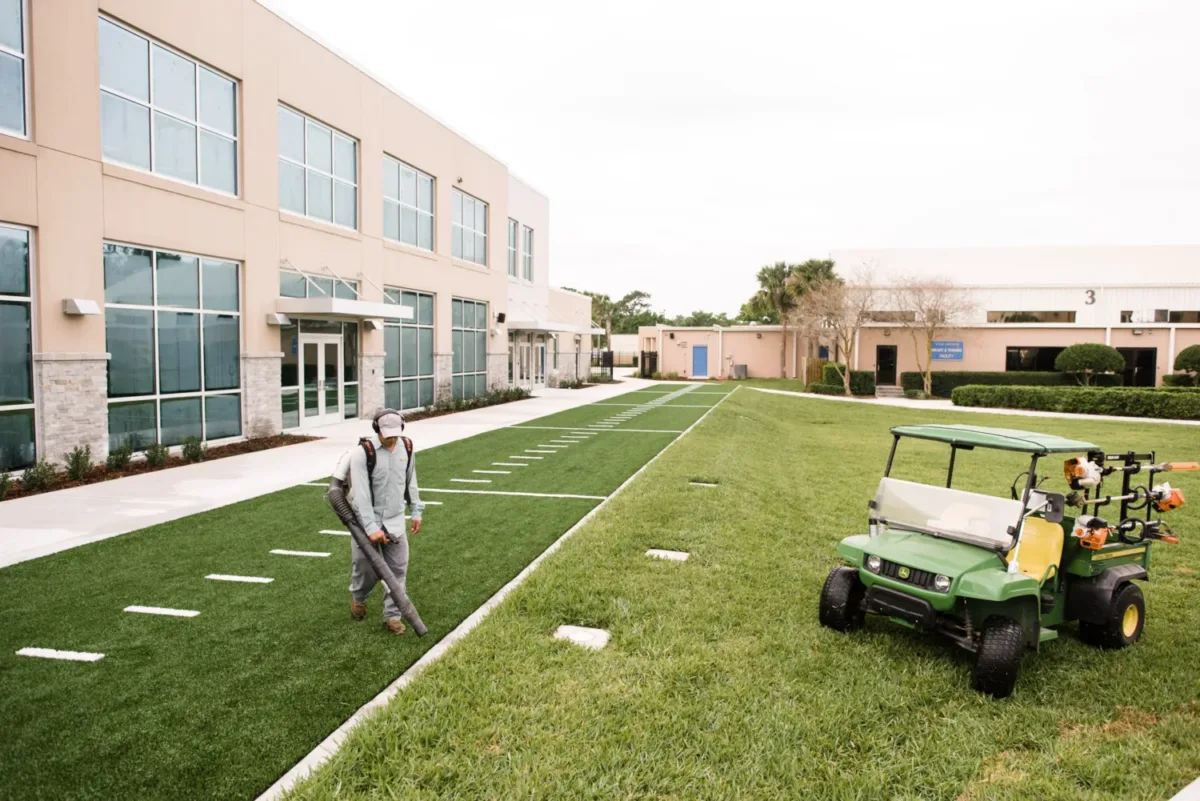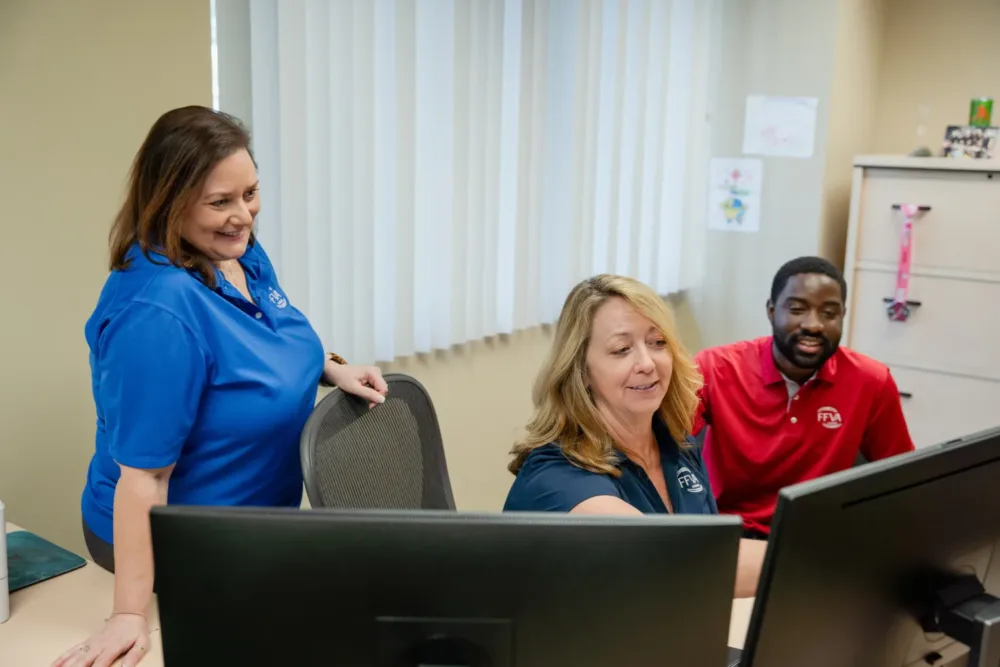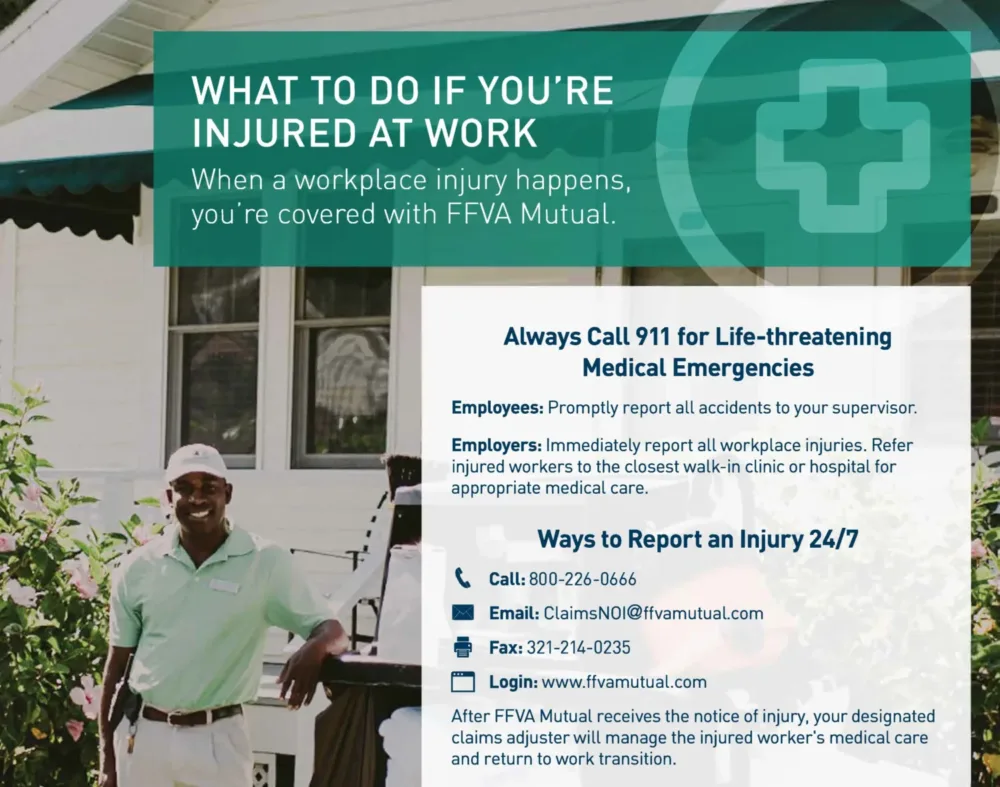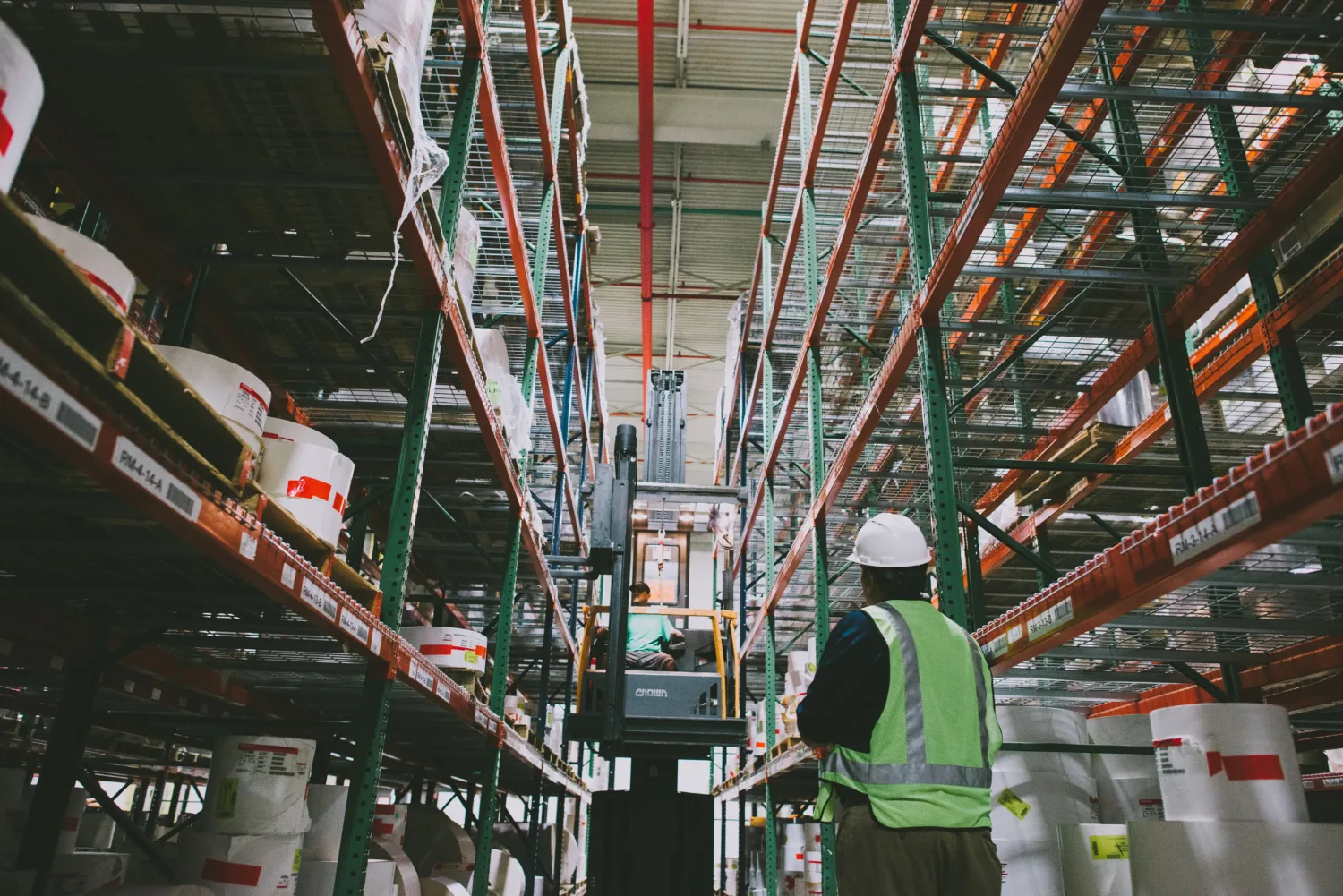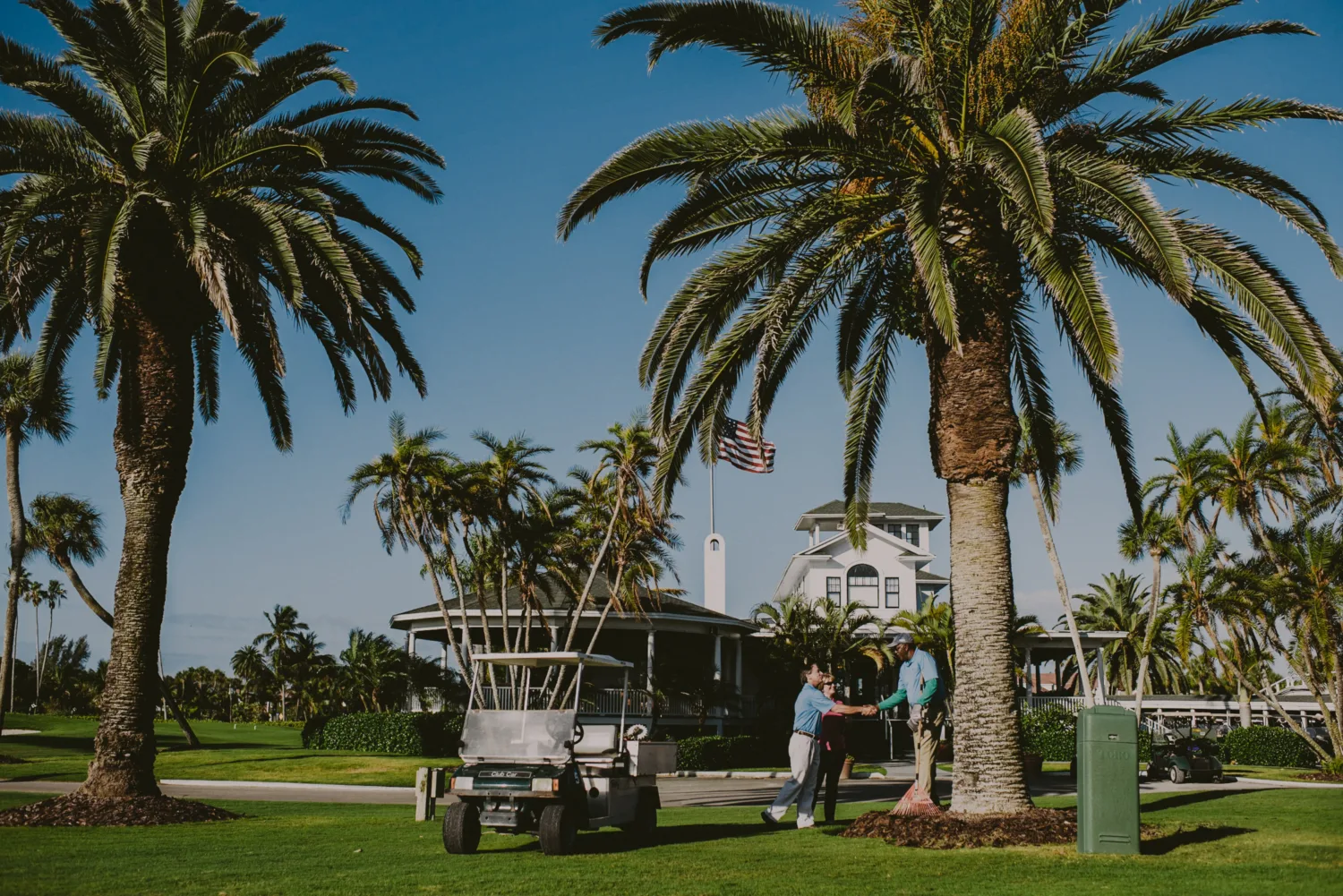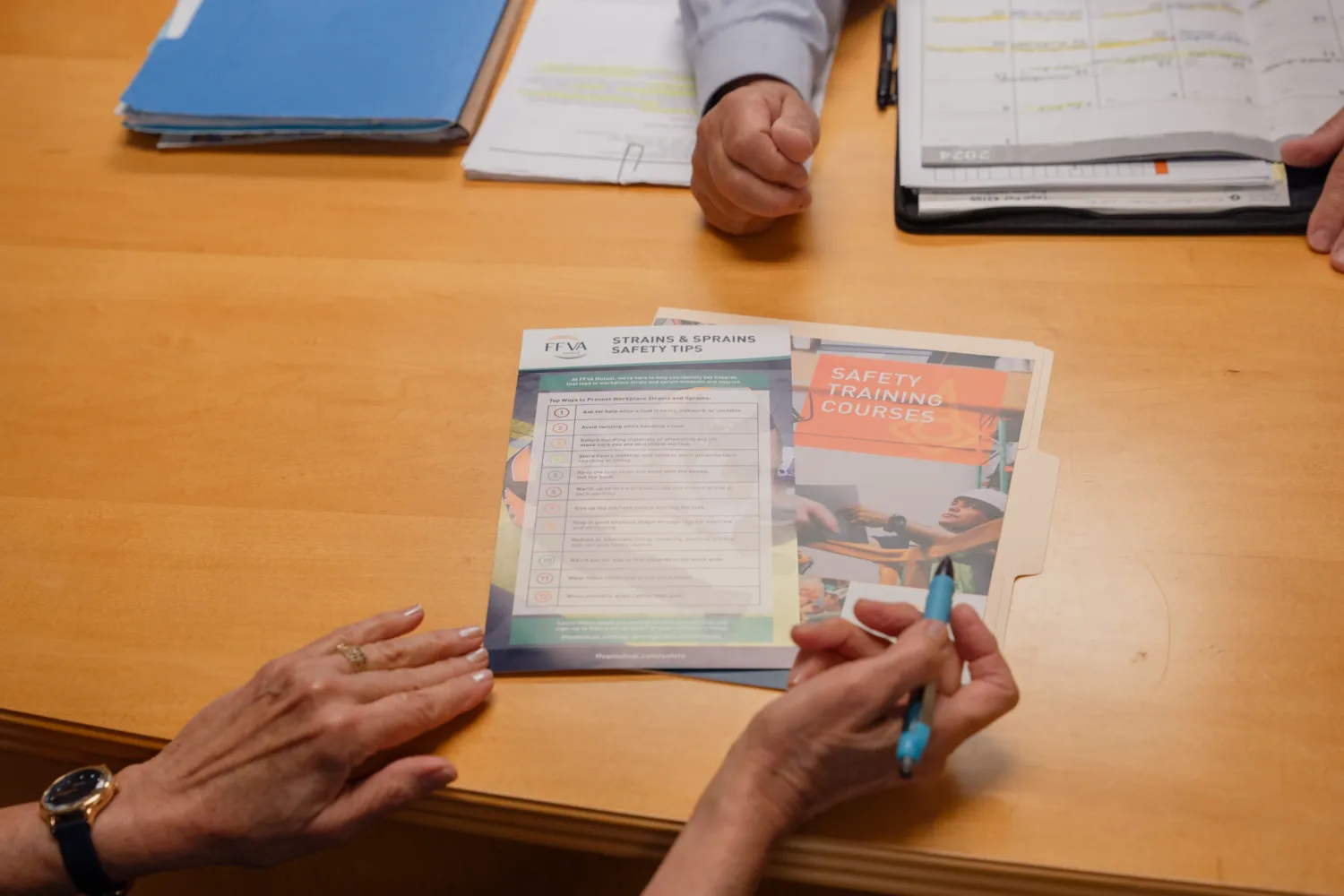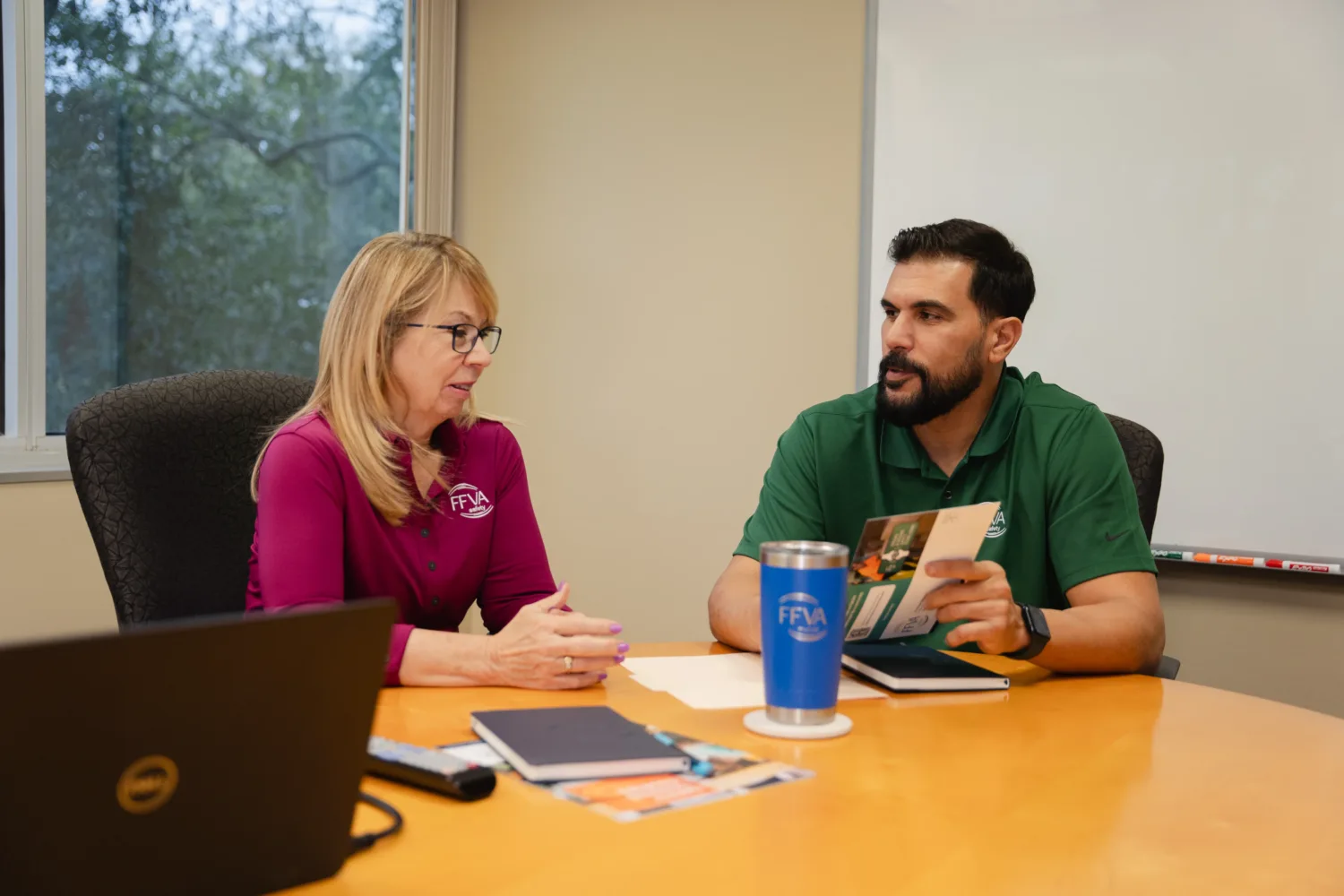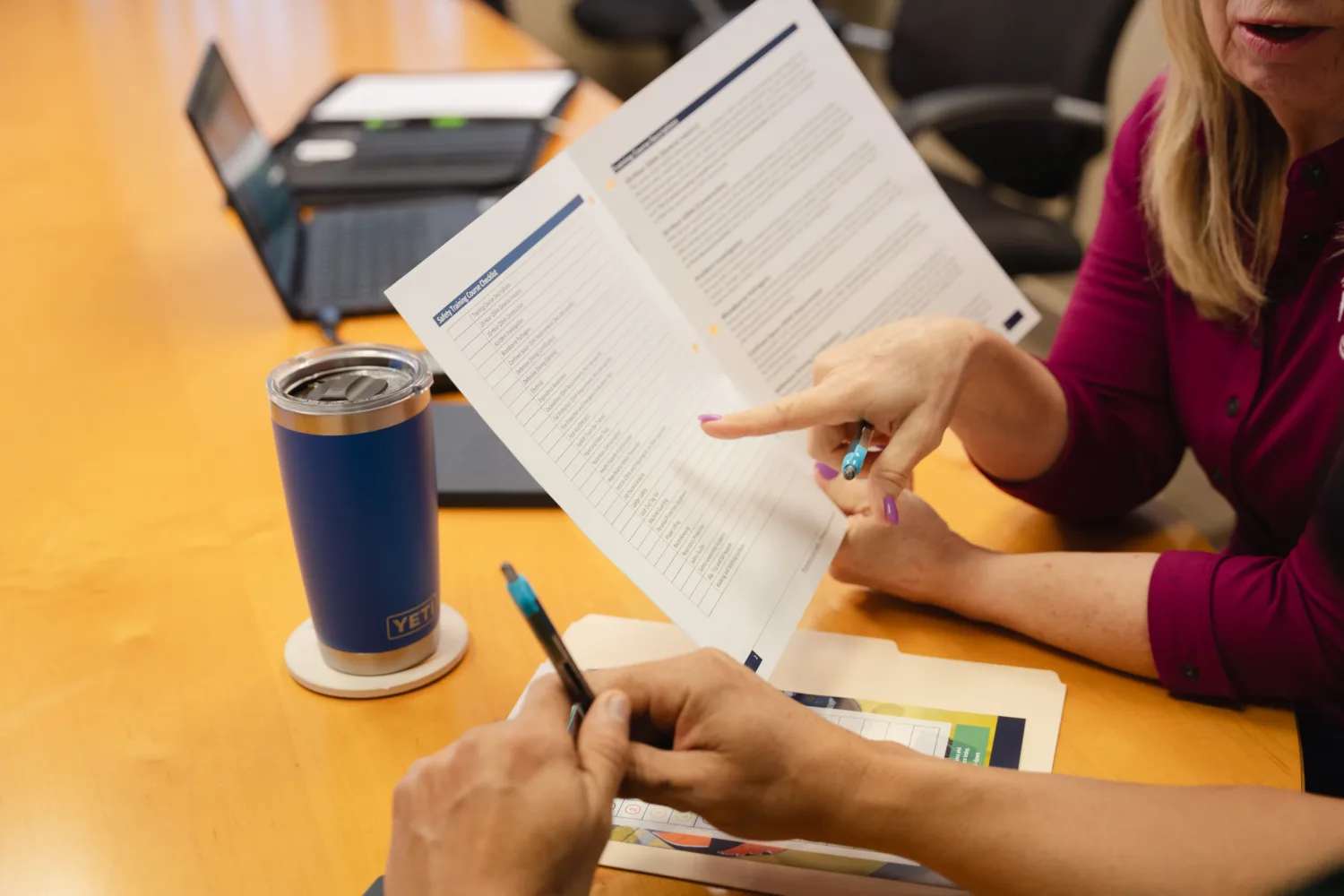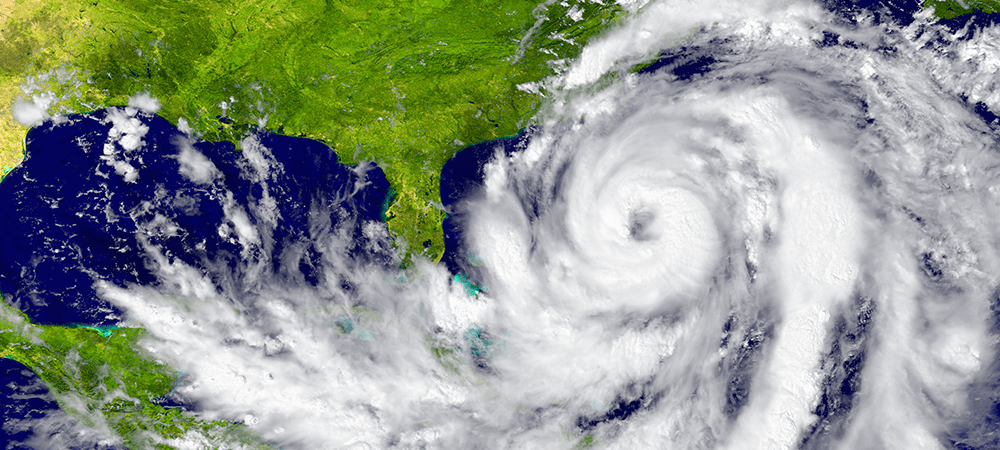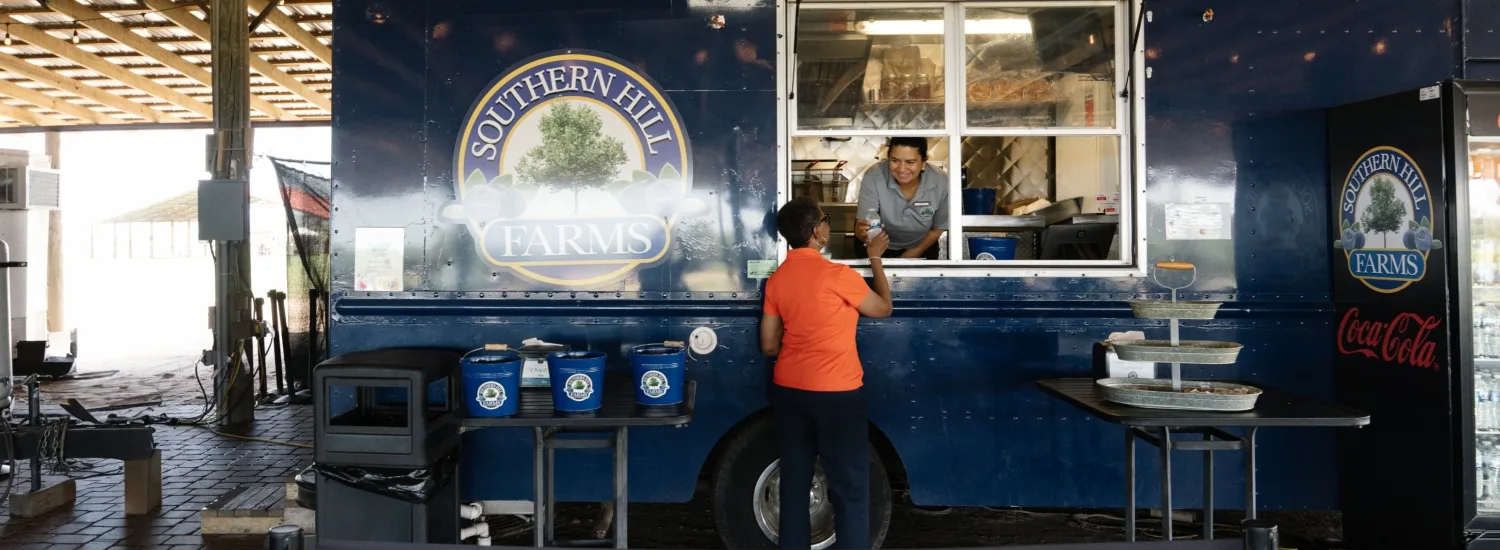Hurricane Season Prep Essentials
Hurricane season is upon us, and at FFVA Mutual, we want to ensure you’re prepared to face any storm. Whether you’re an individual or a business, having a solid preparedness plan and an emergency prep kit is crucial for staying safe. Here’s how you can prepare for hurricane season effectively.
Why Preparation is Key
Hurricane season brings the threat of severe weather, high winds, and flooding. If you can anticipate a storm coming, you can prepare for it. Being unprepared can lead to significant damage and danger. At FFVA Mutual, we understand the risks and the importance of readiness. Here’s how to get started.
Building Your Preparedness Plan
A comprehensive preparedness plan is vital for minimizing risks during hurricane season. Follow these steps:
- Assess Your Risks: Understand the hurricane risks specific to your location. Use local resources and stay informed about potential threats.
- Develop an Emergency Communication Plan: Ensure all family members or employees know how to contact each other. Establish a meeting point if separated.
- Identify Evacuation Routes: Know your evacuation routes and practice them. Identify the nearest shelters and have a plan for your pets.
- Secure Important Documents: Store essential documents in a waterproof container, including identification, insurance policies, and medical records.
- Review Your Insurance Coverage: Confirm that your insurance policy covers hurricane-related damages.
What to Include in Your Emergency Prep Kit
An emergency prep kit is essential for surviving the aftermath of a hurricane. Here’s what you need:
- Water: At least one gallon per person per day for three days.
- Food: A three-day supply of non-perishable food items.
- First Aid Kit: Include band-aids, gauze, adhesive tape, antiseptic wipes, scissors, tweezers, disposable gloves, any necessary prescription drugs and over-the-counter medications for common health issues.
- Flashlights and Batteries: Ensure you have working flashlights and extra batteries.
- Battery-Powered or Hand-Crank Radio: Stay informed with weather updates and emergency information.
- Basic Tools: Include a multi-tool, duct tape, and plastic sheeting. Quick fixes and minor repairs may be necessary to ensure the safety of employees and the workplace. Include basic tools such as a wrench, pliers, and a screwdriver in your emergency kit.
- Personal Hygiene Items: Such as hand sanitizer, moist towelettes, and garbage bags.
- Clothing and Bedding: Extra clothes, blankets, and sleeping bags.
- Cash: ATMs might be inaccessible during a power outage.
- Local Maps and emergency contacts: In case GPS is not available. In high-stress situations, access to vital information is crucial. Your company should have an emergency action plan in place. Be sure to include detailed maps of the building and surrounding area with escape routes, nearby assembly points, emergency exits, and contact numbers for local emergency services.
Business-Specific Preparedness
For employers, hurricane preparedness is crucial for ensuring the safety of employees and minimizing operational downtime. Here are some additional steps:
- Backup Data: Regularly back up important data and store copies off-site or in the cloud.
- Protect Physical Assets: Ask office employees to move valuable their computers, printers, and other electronics, away from all windows. Secure your facility by installing storm shutters and reinforcing doors.
- Develop a Business Continuity Plan: Outline how your business will continue operating during and after a hurricane.
- Communicate with Employees:
- Ensure all employees know the emergency procedures and their roles during a disaster.
- Compile a directory with employee information and emergency contacts and make it easy for others to access.
- Send emails or schedule automated calls/texts to alert workers of company plans and directives in advance of a hurricane.
Stay Informed and Connected
Staying informed is a critical component of your preparedness plan. Here are some tips:
- Monitor Weather Reports: Use trusted sources like the National Hurricane Center and local news.
- Sign Up for Alerts: Receive emergency alerts via text, email, or app notifications.
- Stay Connected: Keep your phone charged and have backup power sources available.
Quick Tip:
For real-time information, install an app or two on your smartphone to track hurricanes in real-time, stay in touch with loved ones, and find gas stations to fuel up your car. These free top-rated apps are worth having in the palm of your hand when a storm is on its way:
- NWS Now: Provides the latest information, alerts, and updates about hurricanes and tropical storm warnings in addition to severe thunderstorm and tornado alerts.
- Zello Walkie Talkie: Helps individuals and groups stay in touch when cell tower signals are weak or nonexistent.
- GasBuddy: Allows drivers to give real-time updates on which nearby gas stations have fuel, along with live updates on gas prices.
Preparing for hurricane season is essential for your safety and peace of mind. At FFVA Mutual, we are committed to helping you create a robust preparedness plan and emergency prep kit. Don’t wait until it’s too late – act now to ensure you are ready for whatever this hurricane season brings.
For more information about what to do before, during and after a hurricane, watch our Hurricane Preparedness webcast. With a corporate office located in the heart of Central Florida, we know quite a bit about storm prep, and we’re happy to share valuable resources with you.
Stay safe, stay informed, and stay prepared to weather any storm!
